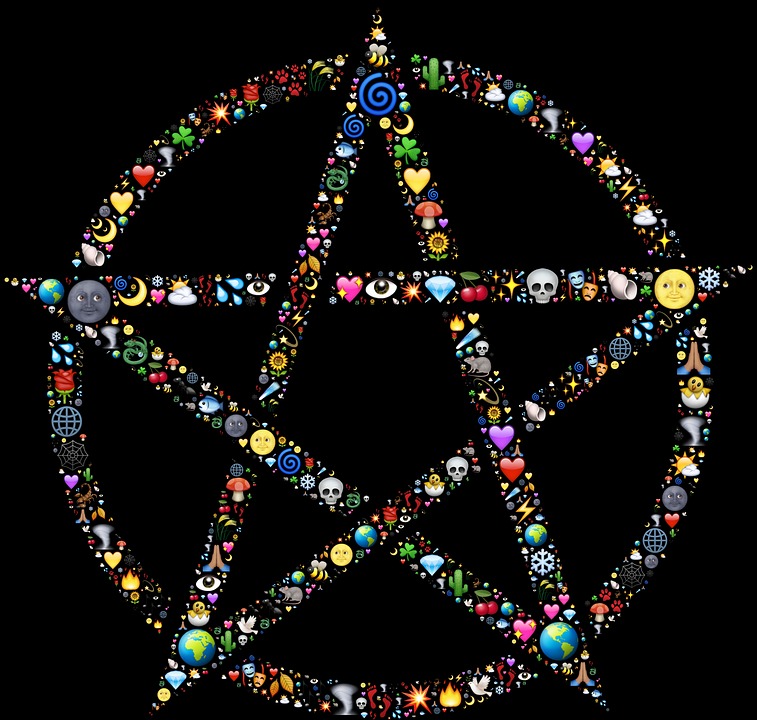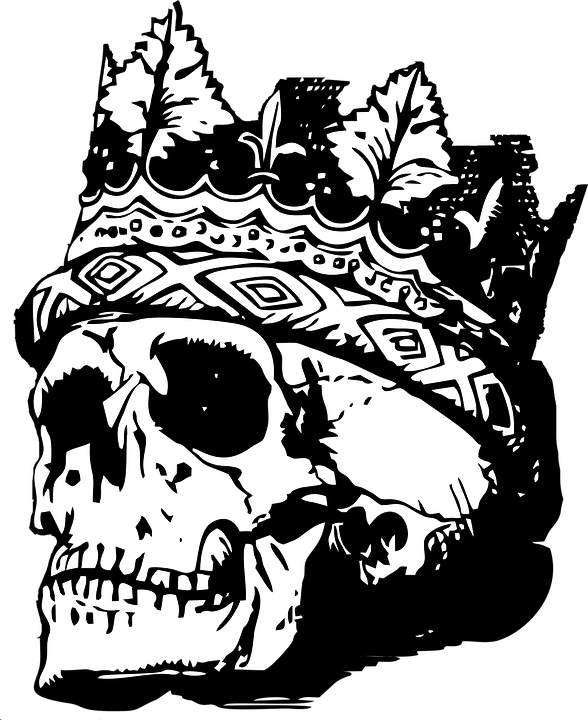by Ambrose Hawk
Isn’t that Star of Bethlehem a Pentagram?
Well, of course it is.
Just as the Saxon Eostra (or whatever spelling catches your fancy) lent her rabbit and name in English to Pasch. Also, the day of Christ’s Mass is actually the festival of the birthday of Mithra; many of the honorifics bestowed on Mother Mary were originally those of pagan goddesses, and St. Brigid arose from the desire to anoint the stories and virtues of the old Celtic Goddess. Far from shocking the Christian, these facts should affirm to him or her that there is, in truth, only one Deity to whom all paths which are followed in love and in humble sincerity must lead.
Continue reading “Hey! Isn’t That Christmas Star a Pentacle?”




